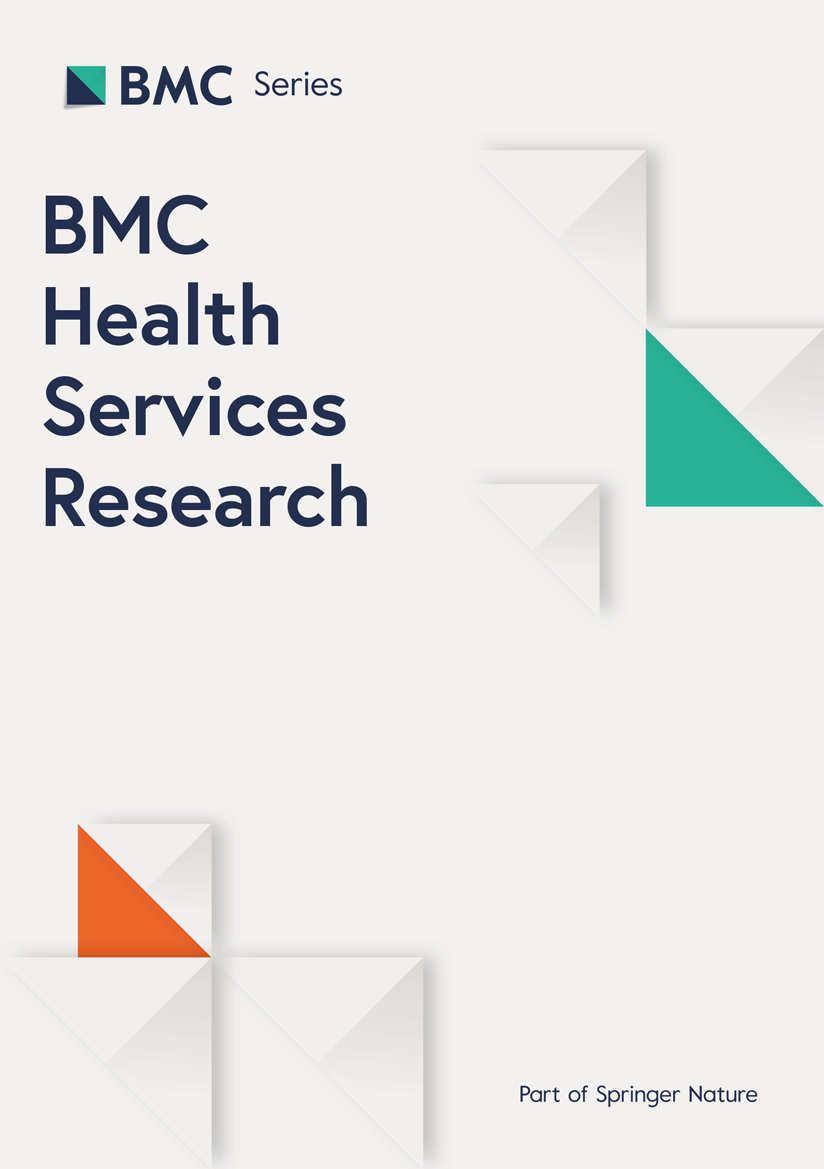
Experts stress that maintaining good cardiac health during pregnancy is vital for both mother and baby
Pregnancy places significant demands on a woman’s cardiovascular system, with the heart pumping 30–50% more blood to meet the needs of the developing foetus.
While mild fatigue, a faster heartbeat, or shortness of breath can be normal, experts caution that worsening symptoms may indicate underlying cardiac stress and should not be ignored.
Why maternal cardiac health matters
A healthy heart during pregnancy lowers the risk of complications such as pre-eclampsia, gestational hypertension, premature birth, and in severe cases, maternal heart failure. Research shows that women with pre-existing cardiac conditions are at higher risk of adverse pregnancy outcomes, making proactive care essential.

Tips to maintain heart health during pregnancy
- Balanced nutrition: Eating whole grains, vegetables, fruits, lean protein, and healthy fats helps the heart function effectively. Reducing salt intake supports blood pressure control, while avoiding alcohol and smoking protects both mother and child.
- Safe physical activity: Low-impact activities such as walking, swimming, and prenatal yoga improve circulation and help manage weight. However, women with high-risk pregnancies or heart conditions should seek medical clearance before exercising.
- Regular monitoring and stress management: Routine antenatal visits, blood pressure checks, and attention to warning signs like chest pain, swelling, or severe breathlessness are crucial. Relaxation methods such as breathing exercises and meditation can reduce stress, which is directly linked to cardiovascular health.

- Limit caffeine: High caffeine intake may elevate heart rate and blood pressure. Experts recommend moderating coffee, tea, and energy drink consumption.
- Adequate sleep: Studies indicate that poor sleep quality during pregnancy can increase cardiovascular strain. Maintaining good sleep hygiene supports both heart and overall maternal health.
- Weight and blood sugar control: Excessive weight gain and uncontrolled gestational diabetes increase the strain on the heart. Following a balanced diet and monitoring blood sugar levels are important preventive steps.
Maternal heart health is an essential part of a safe pregnancy. By following lifestyle measures such as balanced nutrition, safe exercise, and regular monitoring, women can significantly reduce risks for themselves and their babies.
(Disclaimer: This article is for informational purposes only and should not replace professional medical advice. Always consult a qualified healthcare provider regarding any questions or concerns during pregnancy.)
Disclaimer: Kindly avoid objectionable, derogatory, unlawful and lewd comments, while responding to reports. Such comments are punishable under cyber laws. Please keep away from personal attacks. The opinions expressed here are the personal opinions of readers and not that of Mathrubhumi.
link









